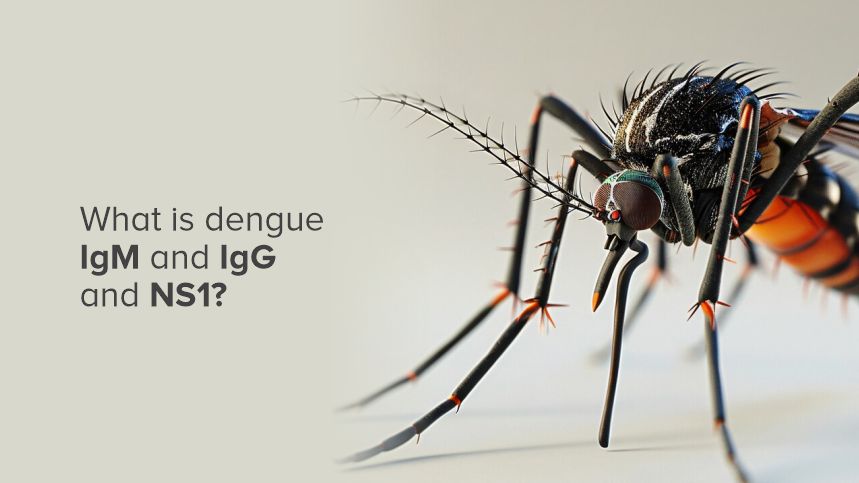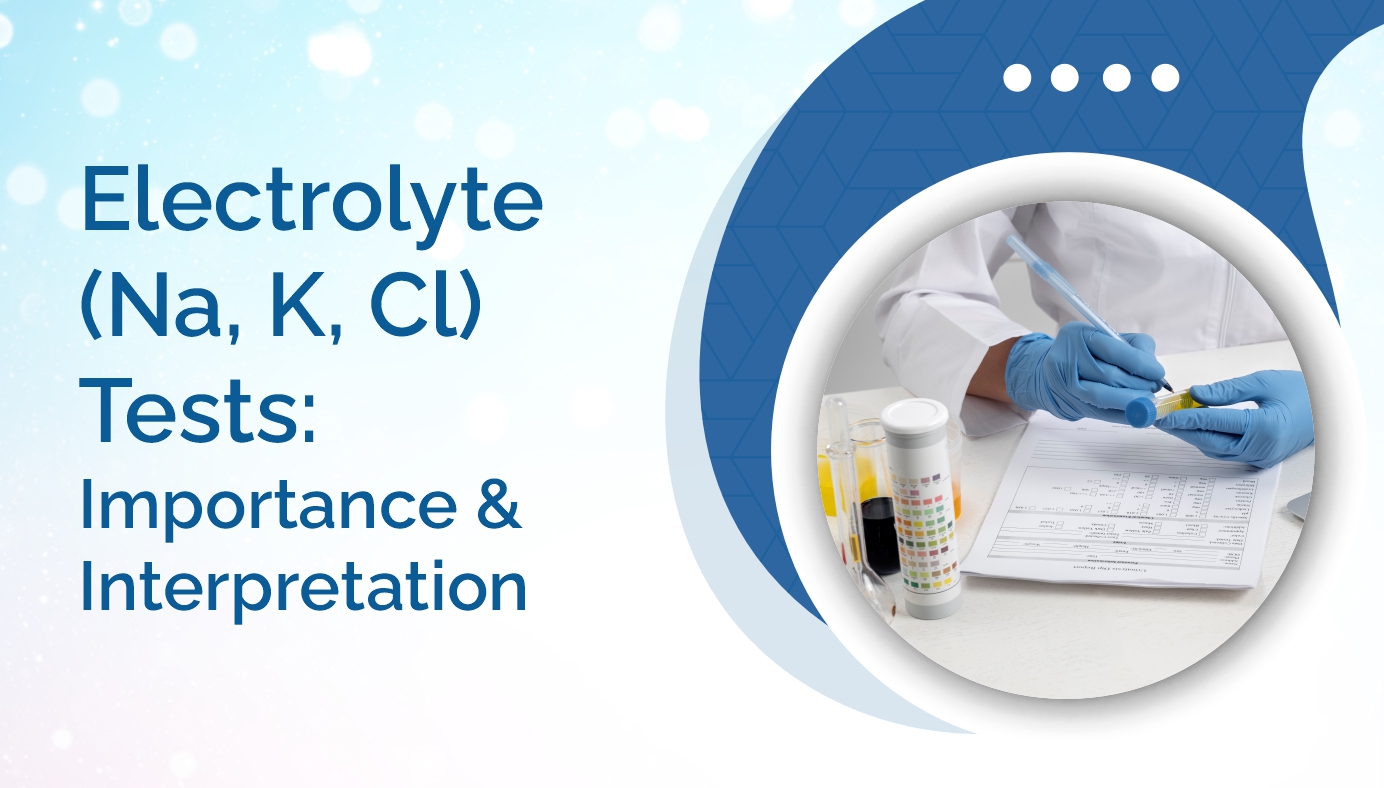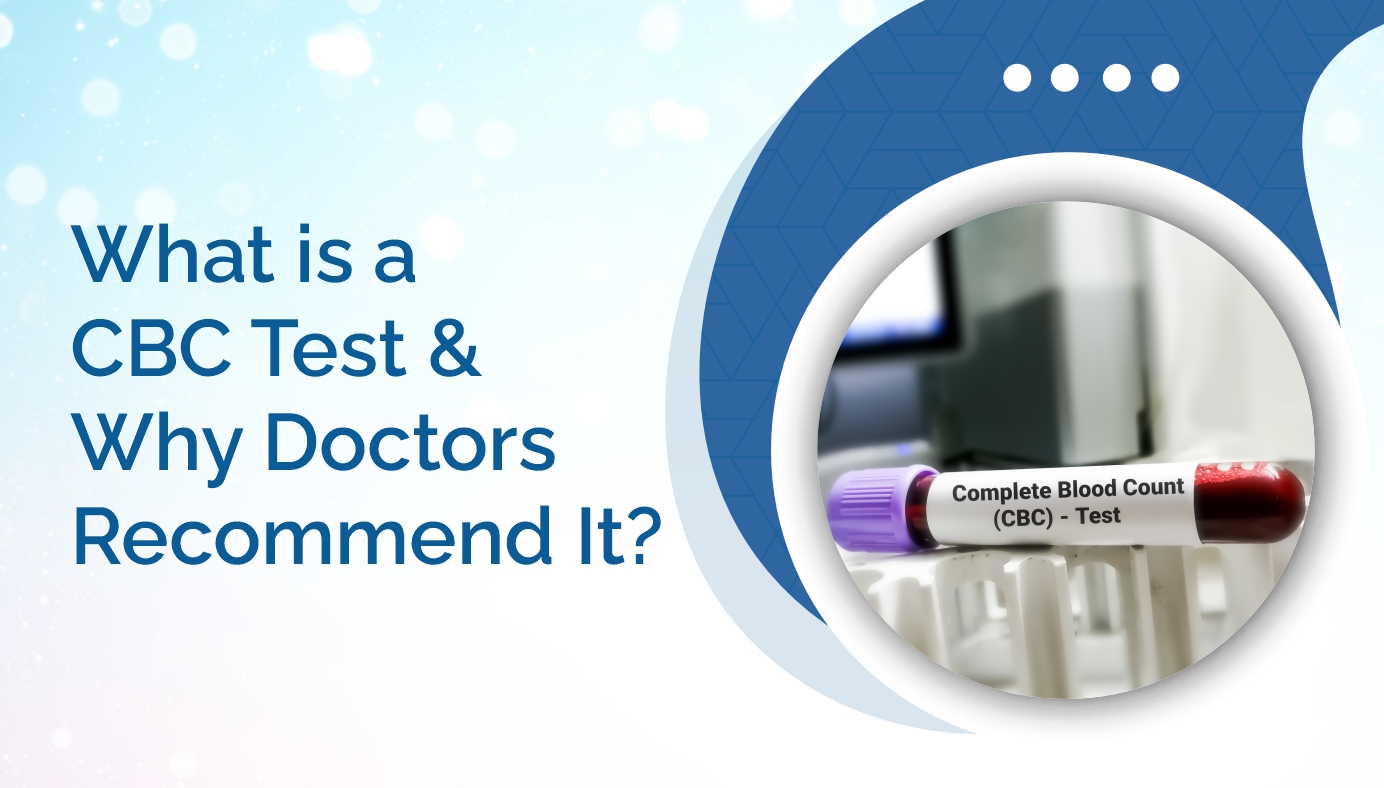


Condition
- Lifestyle Packages
- Lifestyle Packages
- Diabetes
- Diabetes
- Top tests
- Lifestyle Packages
- Top tests
- Top tests
- Lifestyle Packages
- Top tests
- Top tests
- Top tests
- Lifestyle Packages
- Infectious
- Preventive Health Checkup
- Diabetes
- Diabetes
- Preventive Health Checkup
- Top tests
- Top tests
- Heart Disease & Hypertension
- Lifestyle Packages
- Preventive Health Checkup
- Diabetes
- Diabetes
- Preventive Health Checkup
- Preventive Health Checkup
- Top tests
- Lifestyle Packages
- Diabetes
- Preventive Health Checkup
- Top tests
- Lifestyle Packages
- Diabetes
- Diabetes
- Diabetes
- Diabetes
- Diabetes
- Diabetes
- Preventive Health Checkup
- Preventive Health Checkup
- Diabetes
- Preventive Health Checkup
- Preventive Health Checkup
- Genomics
- Others
- Others
- Others
- Preventive Health Checkup
- Pulmonary / Infectious
- Diabetes
- Diabetes
- Others
- Preventive Health Checkup
- Others
- Preventive Health Checkup
- Top tests
- Others
- Genetics
- Others
- Gastrointestinal / Skeletomuscular
- Gastrointestinal / Skeletomuscular
- Others
- Others
- Others
- Others
- Others
- Others
- Others
- Others
- Others
- Others
- Others
- Others
- Others
- Others
- Others
- Others
- Others
- Others
- Others
- Others
- Others
- Others
- Others
- Others
- Others
- Others
- Others
- Others
- Others
- Others
- Others
- Others
- Others
- Others
- Others
- Others
- Others
- Others
- Others
- Others
- Others
- Others
- Others
- Others
- Others
- Others
- Others
- Others
- Others
- Others
- Others
- Others
- Others
- Others
- Others
- Others
- Others
- Others
- Others
- Others
- Others
- Others
- Others
- Others
- Others
- Others
- Top tests
- Top tests
- Top tests
- Top tests
- Top tests
- Top tests
- Top tests
- Top tests
- Top tests
- Preventive Health Checkup
- Top tests
- Top tests
- Top tests
- Top tests
- Blood Banking & Transfusion
- Lifestyle Packages
- Blood Banking & Transfusion
- Blood Banking & Transfusion
- Top tests
- Top tests
- Lifestyle Packages
- Diabetes
- Blood Banking & Transfusion
- Blood Banking & Transfusion
- Blood Banking & Transfusion
- Blood Banking & Transfusion
- Blood Banking & Transfusion
- Others
- Others
- Others
- Others
- Blood Banking & Transfusion
- Blood Banking & Transfusion
- Blood Banking & Transfusion
- Blood Banking & Transfusion
- Vitamin Deficiency
- Vitamin Deficiency
- Vitamin Deficiency
- Vitamin Deficiency
- Vitamin Deficiency
- Blood Banking & Transfusion
- Blood Banking & Transfusion
- Blood Banking & Transfusion
- Blood Banking & Transfusion
- Diabetes
- Diabetes
- Heart Disease & Hypertension
- Preventive Health Checkup
- Diabetes
- Preventive Health Checkup
- Preventive Health Checkup
- Diabetes
- Diabetes
- Heart Disease & Hypertension
- Top tests
- Heart Disease & Hypertension
- Diabetes
- Top tests
- Diabetes
- Heart Disease & Hypertension
- Lifestyle Packages
- Heart Disease & Hypertension
- Lifestyle Packages
- Heart Disease & Hypertension
- Heart Disease & Hypertension
- Lifestyle Packages
- Preventive Health Checkup
- Preventive Health Checkup
- Top tests
- Preventive Health Checkup
- Heart Disease & Hypertension
- Heart Disease & Hypertension
- Heart Disease & Hypertension
- Top tests
- Top tests
- Lifestyle Packages
- Heart Disease & Hypertension
- Heart Disease & Hypertension
- Top tests
- Heart Disease & Hypertension
- Preventive Health Checkup
- Diabetes
- Lifestyle Packages
- Heart Disease & Hypertension
- Top tests
- Heart Disease & Hypertension
- Heart Disease & Hypertension
- Diabetes
- Lifestyle Packages
- Preventive Health Checkup
- Diabetes
- Top tests
- Diabetes
- Allergy
- Heart Disease & Hypertension
- Diabetes
- Heart Disease & Hypertension
- Diabetes
- Lifestyle Packages
- Lifestyle Packages
- Top tests
- Preventive Health Checkup
- Lifestyle Packages
- Preventive Health Checkup
- Preventive Health Checkup
- Diabetes
- Top tests
- Heart Disease & Hypertension
- Preventive Health Checkup
- Top tests
- Heart Disease & Hypertension
- Lifestyle Packages
- Lifestyle Packages
- Diabetes
- Preventive Health Checkup
- Top tests
- Diabetes
- Top tests
- Preventive Health Checkup
- Preventive Health Checkup
- Preventive Health Checkup
- Diabetes
- Lifestyle Packages
- Lifestyle Packages
- Heart Disease & Hypertension
- Lifestyle Packages
- Heart Disease & Hypertension
- Lifestyle Packages
- Preventive Health Checkup
- Preventive Health Checkup
- Preventive Health Checkup
- Lifestyle Packages
- Top tests
- Lifestyle Packages
- Top tests
- Lifestyle Packages
- Top tests
- Diabetes
- Diabetes
- Others
- Blood Disorders
- Top tests
- Others
- Others
- Others
- Fever
- Fever
- Blood Disorders
- Blood Disorders
- Preventive Health Checkup
- Preventive Health Checkup
- Profile
- Kidney Disease
- Kidney Disease
- Diabetes
- Diabetes
- Heart Disease & Hypertension
- Preventive Health Checkup
- Lifestyle Packages
- Thyroid Disorder
- Diabetes
- Diabetes
- Diabetes
- Diabetes
- Diabetes
- Diabetes
- Diabetes
- Top tests
- Allergy
- Top tests
- Top tests
- Top tests
- Top tests
- Diabetes
- Top tests
- Diabetes
- Top tests
- Top tests
- Top tests
- Liver Disease
- Diabetes
- Top tests
- Vitamin Deficiency
- Top tests
- Top tests
- Liver Disease
- Top tests
- Top tests
- Top tests
- Anemia
- Anemia
- Anemia
- Diabetes
- Diabetes
- Anemia
- Top tests
- Top tests
- Top tests
- Preventive Health Checkup
- Thyroid Disorder
- Heart Disease & Hypertension
- Top tests
- Preventive Health Checkup
- Diabetes
- Heart Disease & Hypertension
- Top tests
- Fever
- Allergy
- Liver Disease
- Lifestyle Packages
- Heart Disease & Hypertension
- Top tests
- Arthritis
- Top tests
- Top tests
- Heart Disease & Hypertension
- Kidney Disease
- Preventive Health Checkup
- Allergy
- Top tests
- Lifestyle Packages
- Top tests
- Kidney Disease
- Top tests
- Lifestyle Packages
- Top tests
- Preventive Health Checkup
- Preventive Health Checkup
- Top tests
- Top tests
- Vitamin Deficiency
- Allergy
- Diabetes
- Top tests
- Top tests
- Top tests
- Top tests
- Heart Disease & Hypertension
- Allergy
- Top tests
- Preventive Health Checkup
- Top tests
- Top tests
- Infertility
- Top tests
- Lifestyle Packages
- Allergy
- Diabetes
- Heart Disease & Hypertension
- Lifestyle Packages
- Preventive Health Checkup
- Preventive Health Checkup
- Top tests
- Preventive Health Checkup
- Top tests
- Diabetes
- Top tests
- Infertility
- Top tests
- Thyroid Disorder
- Top tests
- Allergy
- Preventive Health Checkup
- Vitamin Deficiency
- Top tests
- Top tests
- Infertility
- Lifestyle Packages
- Diabetes
- Liver Disease
- Kidney Disease
- Vitamin Deficiency
- Top tests
- Heart Disease & Hypertension
- Heart Disease & Hypertension
- Top tests
- Heart Disease & Hypertension
- Heart Disease & Hypertension
- Heart Disease & Hypertension
- Infertility
- Heart Disease & Hypertension
- Vitamin Deficiency
- Vitamin Deficiency
- Arthritis
- Arthritis
- Top tests
- Top tests
- Lifestyle Packages
- Preventive Health Checkup
- Lifestyle Packages
- Preventive Health Checkup
- Vitamin Deficiency
- Top tests
- Lifestyle Packages
- Lifestyle Packages
- Preventive Health Checkup
- Top tests
- Preventive Health Checkup
- Top tests
- Heart Disease & Hypertension
- Infertility
- Top tests
- Top tests
- Preventive Health Checkup
- Lifestyle Packages
- Top tests
- PCOD
- Preventive Health Checkup
- Lifestyle Packages
- Preventive Health Checkup
- Top tests
- Fever
- PCOD
- Kidney Disease
- Top tests
- Top tests
- Preventive Health Checkup
- Preventive Health Checkup
- Liver Disease
- Thyroid Disorder
- Top tests
- Heart Disease & Hypertension
- PCOD
- Top tests
- Arthritis
- Preventive Health Checkup
- Kidney Disease
- Lifestyle Packages
- Top tests
- Allergy
- Top tests
- Top tests
- Diabetes
- Thyroid Disorder
- Preventive Health Checkup
- Top tests
- Lifestyle Packages
- Preventive Health Checkup
- Top tests
- Kidney Disease
- Liver Disease
- Infertility
- Top tests
- Anemia
- Top tests
- Top tests
- Top tests
- Preventive Health Checkup
- Bone Health
- Cancer
- Fatty Liver

Tests
With the rise in mosquito-borne illnesses, understanding the various tests for dengue fever is crucial. Dengue fever affects millions worldwide, causing severe health issues and even death. Here, you'll understand what these tests are, their importance, and how they can aid in the early detection and management of dengue fever.
What is Dengue Fever?
Dengue fever is a mosquito-borne viral infection primarily found in tropical and subtropical regions. The Aedes mosquito, particularly Aedes aegypti, is the primary vector responsible for transmitting dengue virus to humans. Symptoms can range from mild fever and joint pain to severe complications like dengue hemorrhagic fever and dengue shock syndrome, which can be fatal if not treated promptly.
Symptoms of Dengue Fever
Typical symptoms of dengue fever include high fever, severe headaches, pain behind the eyes, joint and muscle pain, rash, and mild bleeding. These symptoms usually appear 4-10 days after being bitten by an infected mosquito and can last for up to a week. Early detection and proper medical care are essential to managing symptoms and preventing complications.
Importance of Early Detection
Early detection of dengue fever is crucial for several reasons. Firstly, it enables timely medical intervention, reducing the risk of severe complications. Secondly, it helps prevent the spread of the virus by allowing individuals to take preventive measures to avoid mosquito bites. Finally, early detection aids in monitoring and controlling outbreaks, safeguarding public health.
The Role of Dengue Tests
Why Testing is Important
Testing for dengue is vital for confirming the diagnosis and determining the stage of the infection. Accurate and timely testing guides healthcare professionals in providing appropriate treatment and management strategies. It also helps differentiate dengue from other diseases with similar symptoms, such as malaria and chikungunya.
Types of Dengue Tests
There are several types of dengue tests, each serving a specific purpose. The most commonly used tests are the IgM and IgG antibody tests and the NS1 antigen test. These tests detect different components of the dengue virus and provide valuable information about the infection's stage and severity. By accurately diagnosing dengue and determining the stage of infection, healthcare providers can offer targeted treatments, manage symptoms effectively, and monitor the patient's progress. Tests also help in identifying individuals who have recovered from dengue, providing insights into immunity and potential future risks.
Understanding Dengue IgM Test
What is IgM?
IgM, or Immunoglobulin M, is one of the first antibodies produced by the immune system in response to an infection. In the context of dengue, the presence of IgM antibodies indicates a recent exposure to the dengue virus.
How IgM Test Works
The IgM test detects the presence of IgM antibodies in the blood, which typically appear within 3-5 days of the onset of symptoms. A positive IgM test result suggests a recent dengue infection and helps differentiate it from past infections. The IgM test is crucial for the early detection of dengue, as it allows healthcare providers to confirm the infection and initiate appropriate treatment. It also helps in identifying recent outbreaks and taking preventive measures to control the spread of the virus.
Understanding Dengue IgG Test
What is IgG?
IgG, or Immunoglobulin G, is the most common antibody in the blood and plays a vital role in long-term immunity. In the context of dengue, the presence of IgG antibodies indicates past exposure to the dengue virus.
How IgG Test Works
The IgG test detects the presence of IgG antibodies in the blood, which typically appear a few weeks after the initial infection and can persist for years. A positive IgG test result suggests a past dengue infection or immunity due to previous exposure. The IgG test is essential for identifying individuals who have had dengue in the past and may have developed immunity. It also helps differentiate between primary and secondary infections, as secondary infections can be more severe and require different management strategies.
Understanding Dengue NS1 Test
What is NS1?
NS1, or Non-Structural Protein 1, is a viral protein produced by the dengue virus during the early stages of infection. The presence of NS1 in the blood indicates an active dengue infection.
How NS1 Test Works
The NS1 test detects the presence of the NS1 antigen in the blood, which appears within the first few days of infection. A positive NS1 test result confirms an active dengue infection, even before the appearance of antibodies. The NS1 test is crucial for the early detection of dengue, as it allows healthcare providers to confirm the infection before antibodies are produced. This enables timely medical intervention and helps prevent the spread of the virus.
Conclusion
Understanding dengue tests, including IgM, IgG, and NS1, is crucial for early detection, effective treatment, and preventing the spread of the virus. By familiarizing yourself with these tests and their significance, you can take proactive steps to protect your health and the health of your community.
Stay informed, take preventive measures, and seek medical advice if you suspect a dengue infection. If you'd like to learn more about dengue fever and its management, explore our additional resources or speak with a healthcare professional.
WANT TO BOOK HEALTH CHECKUP ?
Categories
Lifestyle Packages
43
Diabetes
56
Top tests
111
Infectious
1
Preventive Health Checkup
59
Heart Disease & Hypertension
38
Genomics
1
Others
81
Pulmonary / Infectious
1
Genetics
1
Gastrointestinal / Skeletomuscular
2
Blood Banking & Transfusion
16
Vitamin Deficiency
12
Allergy
9
Blood Disorders
3
Fever
4
Profile
1
Kidney Disease
8
Thyroid Disorder
5
Liver Disease
6
Anemia
5
Arthritis
4
Infertility
6
PCOD
3
Bone Health
1
Cancer
1
Fatty Liver
1
Recent Blogs
Electrolyte (Na, K, Cl) Tests: Importance and Interpretation
The human body is a complex biological system that relies on a delicate balance of chemicals...
27-01-2026
What Is a CBC Test and Why Doctors Recommend It
A CBC is often the first step in diagnosing a broad spectrum of medical conditions, ranging...
27-01-2026
Signs Your Body Is Deficient in Essential Vitamins
The human body is a complex biological machine that requires a specific balance of nutrients...
27-01-2026







